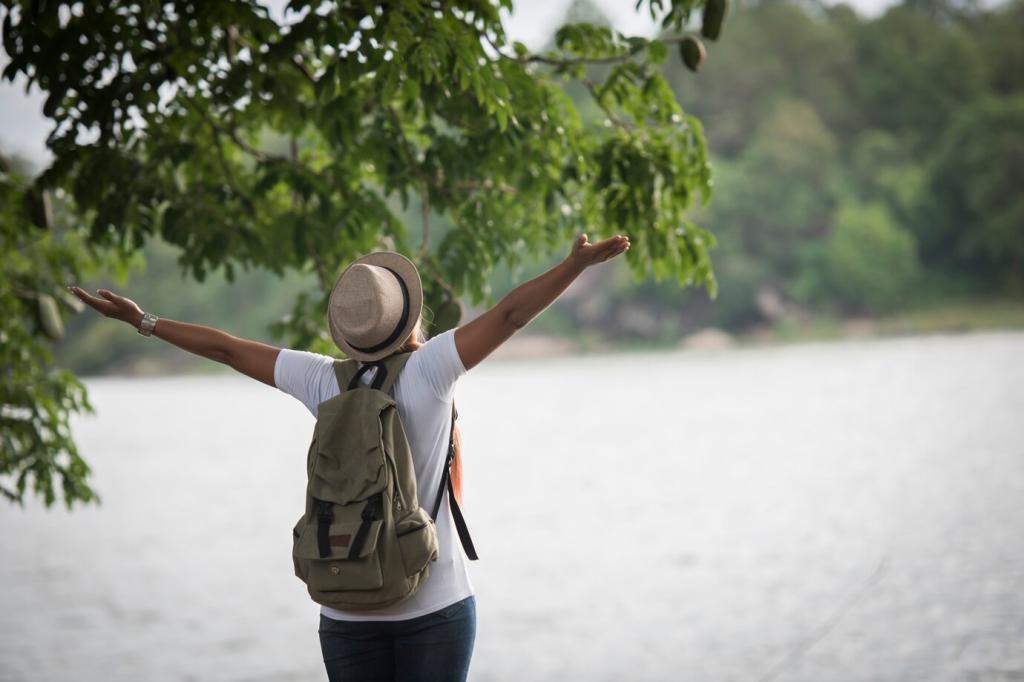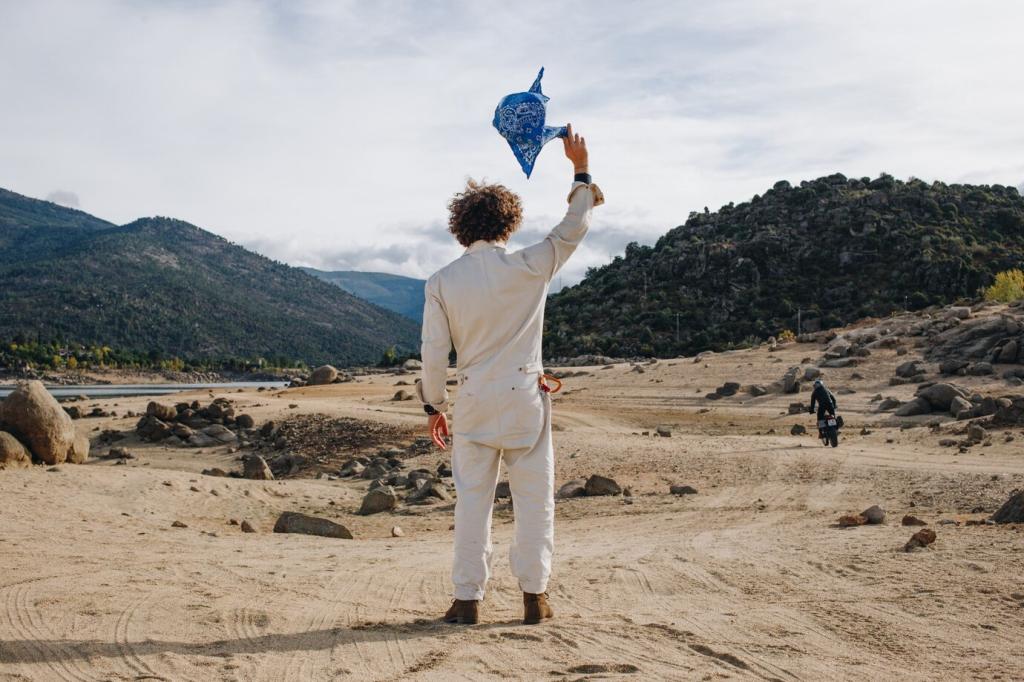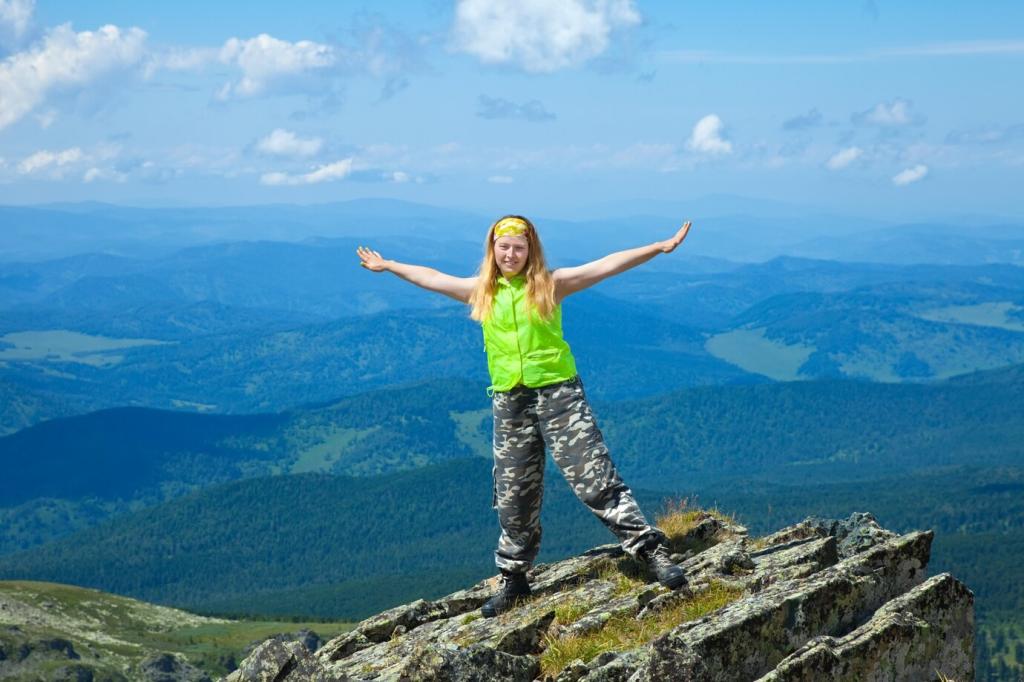
Grow Stronger: Cultivating Skills Through Adventure Travel
Chosen theme: Cultivating Skills Through Adventure Travel. Every trail can be a classroom, every border a mentor, every sunrise a new module. Join us as we turn journeys into practical skill-building experiences. Subscribe and share your goals so we can learn alongside you.
A Practical Framework for Skill-Building on the Road
Set Clear Learning Objectives Before You Depart
Before booking flights, define two or three skills you want to cultivate, like route planning or conflict resolution. Write specific, observable outcomes, then share them with a travel partner for accountability and encouragement throughout the journey.
Design Feedback Loops During the Journey
Build checkpoints into each day: a morning intention, a midday check-in, and an evening reflection. Ask what worked, what failed, and what you will change tomorrow. Simple voice notes or quick journal prompts keep your learning consistent.
Capture Lessons With a Post-Trip Debrief Ritual
Within forty-eight hours of returning, host a debrief with yourself or your group. Map key moments to skills gained, document decisions, and distill three actionable guidelines for your next adventure. Share highlights with our community to inspire others.
Communication and Cultural Intelligence in Motion
Listening Beyond Words
In bustling markets or remote villages, nonverbal cues speak loudly. Practice open posture, patient pauses, and respectful eye contact. Learn a few local phrases, and ask permission before photos. Your humility invites richer conversations and safer, more meaningful exchanges.
Micro-Interactions That Build Bridges
Tiny gestures change outcomes: offering your seat, carrying a shared load, or buying fruit from small vendors. Notice how goodwill accelerates logistics and unlocks insider tips. Tell us a time a simple kindness reshaped your travel day and taught you a new skill.
Navigating Misunderstandings With Grace
When translations falter, clarify calmly. Use drawings, maps, and examples rather than louder voices. Say thank you often, even while negotiating. Reflect afterward: what assumptions did you make, and how will you check them differently next time you travel and learn?
Navigation, Planning, and On-the-Fly Problem Solving
From Paper Maps to Offline Apps
Blend old-school and digital tools: carry a paper map, pre-download offline maps, and learn to triangulate with landmarks. Practice before you go by navigating your own city without turn-by-turn guidance. Confidence grows when redundancy reduces stress on the trail.
Scenario Planning Beats Perfect Plans
The best plan imagines what might go wrong. Draft three scenarios—best, expected, and worst—and pair each with trigger points and actions. You will move faster and safer because you have already made tough decisions before the pressure arrives unexpectedly.
When Things Go Sideways, Lead With Curiosity
A river rises or a bus never comes. Pause, breathe, and gather quick facts. Ask locals for alternatives, reassess constraints, and choose the smallest reversible step forward. Share your favorite improvisation win in the comments to help fellow readers learn.




Leadership and Teamwork on Expedition
Shared Decisions, Clear Roles
Assign rotating roles—navigator, cook, safety lead, storyteller. Clarify decisions with a simple protocol: consult, decide, review. Everyone knows their voice matters and who makes the final call. Try it on your next trip and tell us how it changed group dynamics.
Conflict as Creative Fuel
Disagreements about pace or route often hide unmet needs. Surface them with curiosity: what need sits underneath this preference? Then prototype a compromise for one day and evaluate. Learning to argue well together becomes your most transferable adventure skill afterwards.
Rituals That Keep Morale High
Create small group rituals: sunrise tea, a gratitude round, or nightly map review. Rituals reduce uncertainty and nurture belonging, especially when weather or plans shift. Share your favorite morale ritual so others can borrow it for their next ambitious journey.
Translating Trail Skills to Work and Life
01
Document each adventure as a case study: context, challenges, actions, and outcomes. Add photos, maps, and metrics like time saved or risks mitigated. This living portfolio proves your adaptability and decision-making to future employers, partners, and collaborators undeniably.
02
Use the STAR method—Situation, Task, Action, Result—to translate expedition moments into professional wins. Replace jargon with clear stakes, constraints, and measurable outcomes. Practice out loud, then share a recorded draft with our community for constructive, practical feedback.
03
Pick one capability to sharpen, choose a destination that challenges it, and set milestones and reflection prompts. Invite a friend for accountability, and commit to sharing lessons afterward. Subscribe to receive our quarterly skill-building itinerary templates and group challenges.
